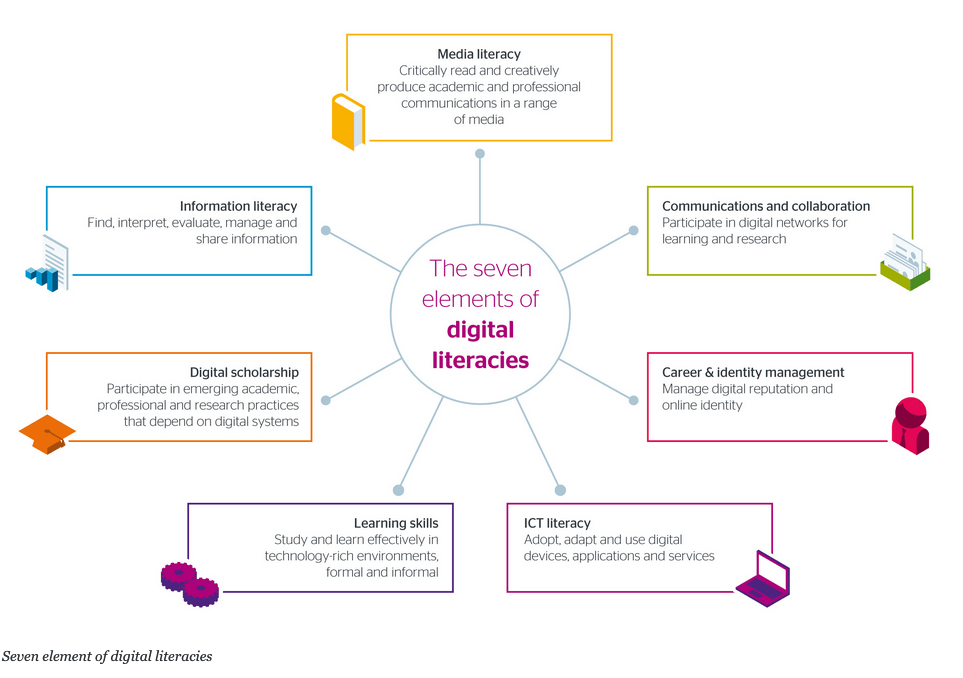
It is kind of strange sitting here at my farm, in a rural part of Sweden with the digital world in a comfortable reach. In the small village where I live, we decided to get a common internet, which created unimaginable opportunities in today’s remote world. Here I am, in contact with different people, in different cultures in ways that previously was impossible.
My first encounter with a computer was at a job I had when I was 29 years old, 30 years ago. So, I’m not what Prensky (2001) calls a digital native, someone who grew up with the computer from birth. I belong to a generation that still remembers what it feels like to call on a phone with a finger pad, to look up something you wondered about in a reference book, or travel in foreign countries without anyone knowing about it…
If you are born into the computer age, can you use the language, the medium naturally, as a first language? But is it that simple? Does it automatically create a digital literacy? One can describe digital literacy as a set of behaviors, practices and identities (JISC, 2014) and he model below shows seven elements; Media Literacy, Communications and collaboration, Career and identity management, ITC literacy, Learning skills, Digital scholarship and Information literacy.

I teach at the university and do not feel that all students have access to either good computers or having access to these elements that allows them to use the digital world fully in their studies or in their profession. I believe that it requires experience, curiosity and financial resources and depends on aspects as cultural and social background, intrinsic motivation for a subject and of having what (Dweck, 2016) calls a growth or a fixed mindset. I believe it has to do with the mindset we get from home and that created in the educational system of primary and secondary school. Do we encourage students to grow and thrive with challenges or to focus on results and just fulfilling goals using the right answers?
Working with education in the digital age requires a lot of us. ONL211 has given me a new vocabulary. I have gained a clearer picture of my students’ difficulties and the importance of carefully planning and pedagogically thinking in how I design my courses regarding digital literacy.
I want to conclude my reflection by saying that my relationship with the medium is largely characterized by curiosity and I hope that I can inspire my students. I think it’s fun to learn, to try new things, but I usually need to let go of all the screens and keys to venture out into nature and dive into the relationship with the place I live in and the more than human world. Otherwise, I would not cope.
Referenses:
Dweck, Carol(2016). Mindset: The New Psychology of Success. New York: Ballantine Books.
JISC (2014). The seven elements of digital literacy. Retrived 210322 from: http://web.archive.org/web/20141011143516/http://www.jiscinfonet.ac.uk/infokits/digital-literacies/
Prensky, Marc (2001). Digital natives, digital immigrants. On the Horizon, volume 9, number 5, at http://www.marcprensky.com/writing/Prensky%20-%20Digital%20Natives,%20Digital%20Immigrants%20-%20Part1.pdf, accessed 21 March 2021.